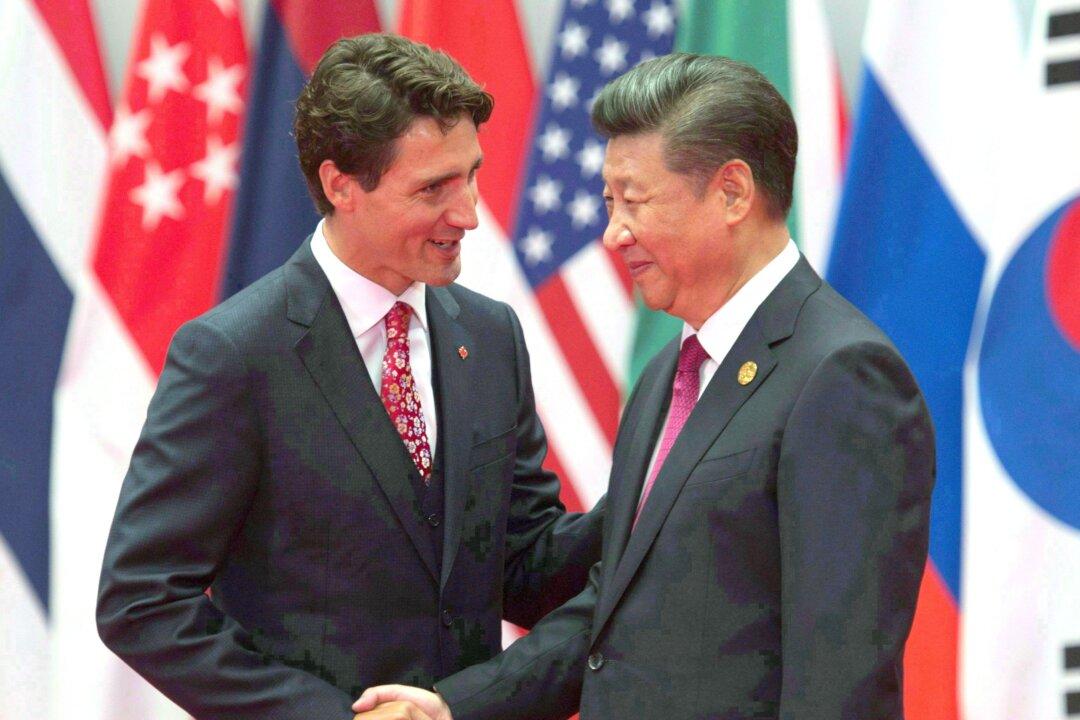With Canadian citizens arrested in China, the blocking of Canadian exports to China, and Canada’s “muted” response in the face of geopolitical aggressions and human rights abuses by Beijing, the Macdonald-Laurier Institute thinks the entity that had the most influence on public policy in Canada in 2019 was the Chinese regime.
“We’ve got the arrest of [Huawei executive] Meng Wanzhou in Canada, Canadians Michael Kovrig and Michael Spavor being held in detention in China, the issue of Huawei, and a series of other things such as [Canada’s stance on the] status of Taiwan, South China Sea,” said Brian Lee Crowley, managing director of the Macdonald-Laurier Institute (MLI).





